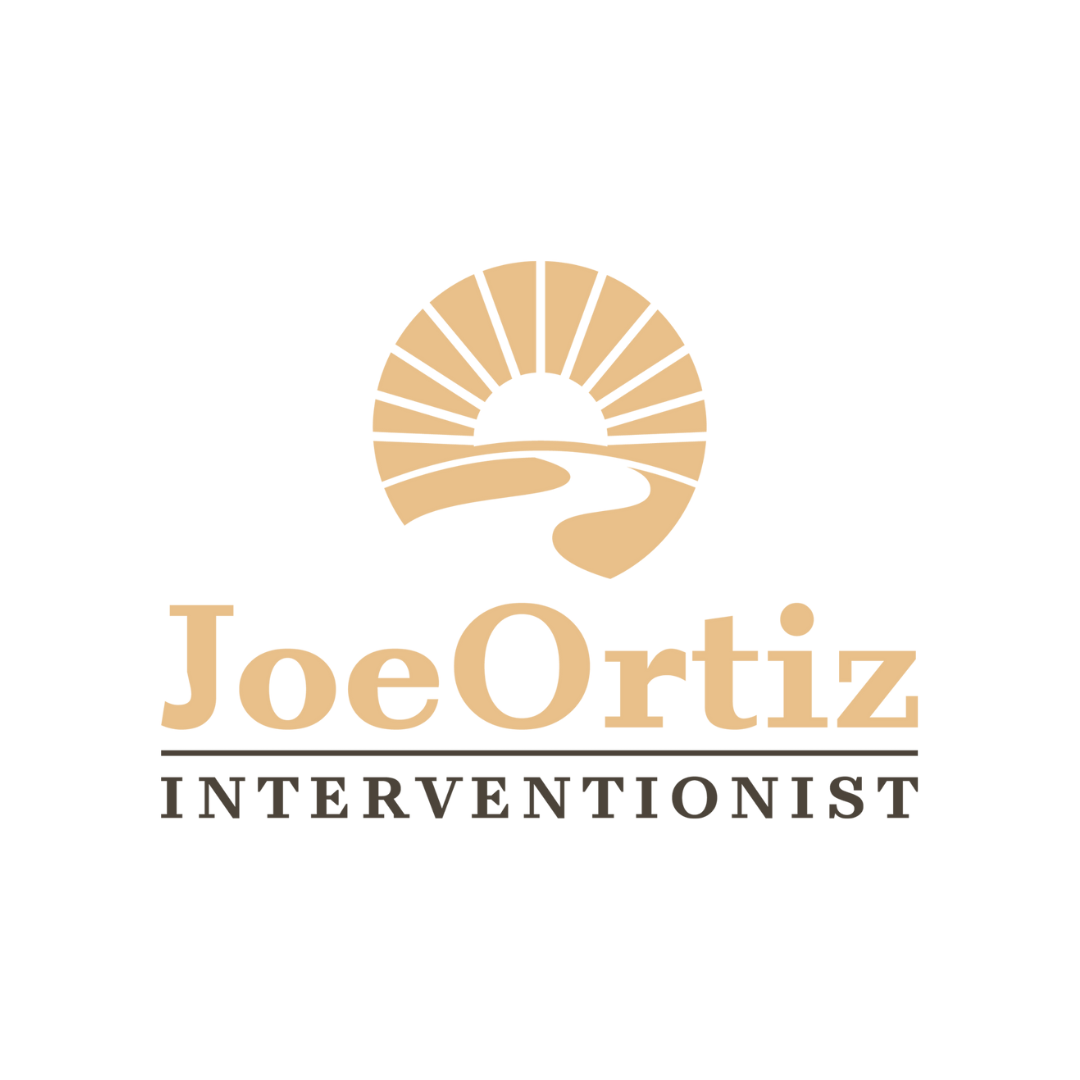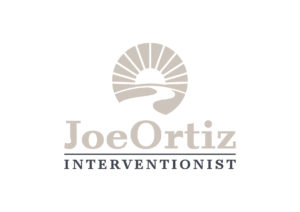What to Do When a Loved One Relapses

Recognizing and understanding the problem, and helping a loved one reach the point of accepting treatment and entering into recovery, is an important milestone. But what happens after they have been treated and start to use or drink again!?
Watching a loved one relapse can be gut-wrenching. It’s normal to experience a flood of emotions. You may feel angry, sad, scared, and resentful. You thought this was behind you and your family, and now, here you all are again. The truth is that like any other disease an individual can regress or relapse. But that does not mean that your loved one is doomed to a life of addiction.
It’s easy to become frustrated by your loved one’s repeated attempts to stop using drugs and/ or alcohol. It’s very easy to think that if they wanted to stop, they would just stop. It may seem that simple in the mind of someone who has never struggled with addiction, but it isn’t that simple at all. In fact, drug and alcohol relapse is a common part of addiction recovery. SO NOW WHAT? What can a family do to help their loved one?
FAMILY INTERVENTION
It is difficult if not impossible to see the situation from the stage. A clearer understanding most often comes from the view in the balcony. The intervention process helps families see from a different perspective.
Being emotionally attached and overwhelmed can compromise the family’s ability to find a successful solution. A professional Interventionist is able to see things from a different perspective and help determine if a family intervention is appropriate.
The Many Ways Addiction Affects The Family
Battling a substance use disorder is viewed by many as a personal experience. Because harmful substances have devastating effects on the user, many may not take into consideration the other people involved. Spouses, children, and parents may all be impacted by the way addiction affects the family.
The effects of drug and alcohol addiction can be both short-term and long-term. Peaceful, loving homes can be divided by the strain caused by drug and alcohol abuse. Conflict becomes normal as family members fight to engage with their loved one who abuses alcohol, for example. Trust begins to erode. Family members may become more guarded when a loved one is abusing illicit substances acts with aggression or hides their disorder in secrecy. Marriages can end due to changes caused by addiction. Communication becomes increasingly difficult, if not impossible, which only heightens frustrations.
GET HELP
Compounding the aforementioned challenges and frustrations is the fact that recovering from a relapse can be very difficult for an individual who suffers from addiction. Some folks in recovery say that recovering from the relapse was harder than getting sober the first time around. This is often due to their feelings of disappointment in themselves, accompanied by feelings of guilt and shame. A well planned intervention can help get your loved one and your family back on track and back to recovery. Interventionist Joe Ortiz can serve as your guide and support throughout this process!

